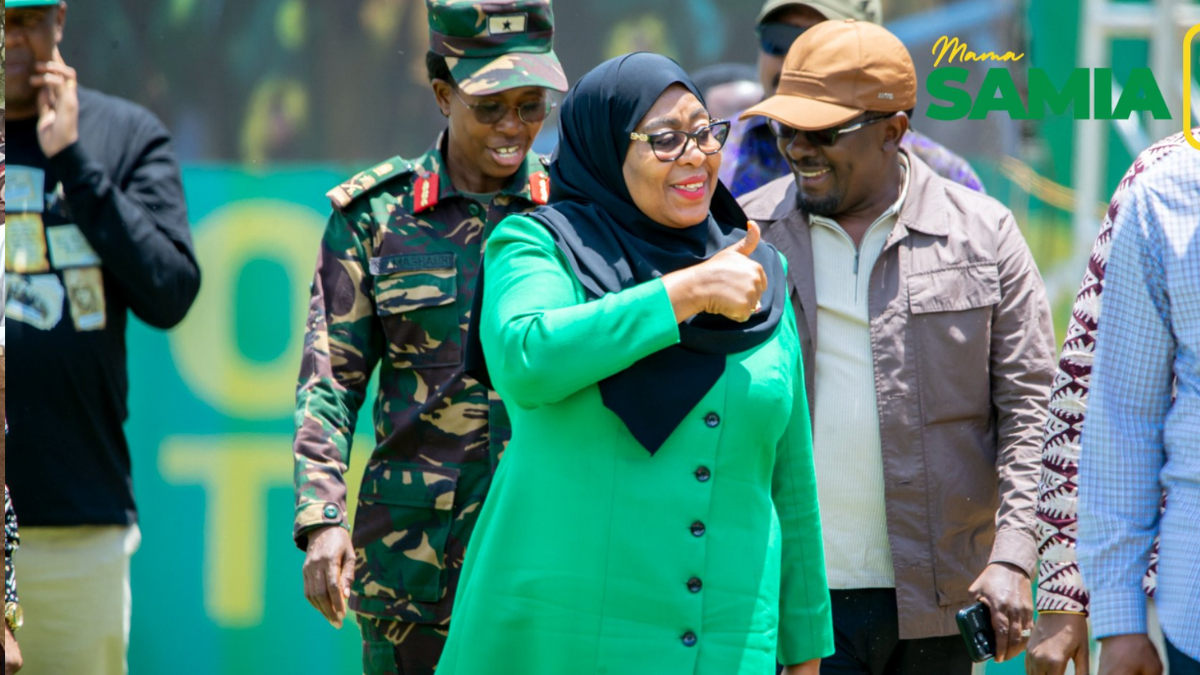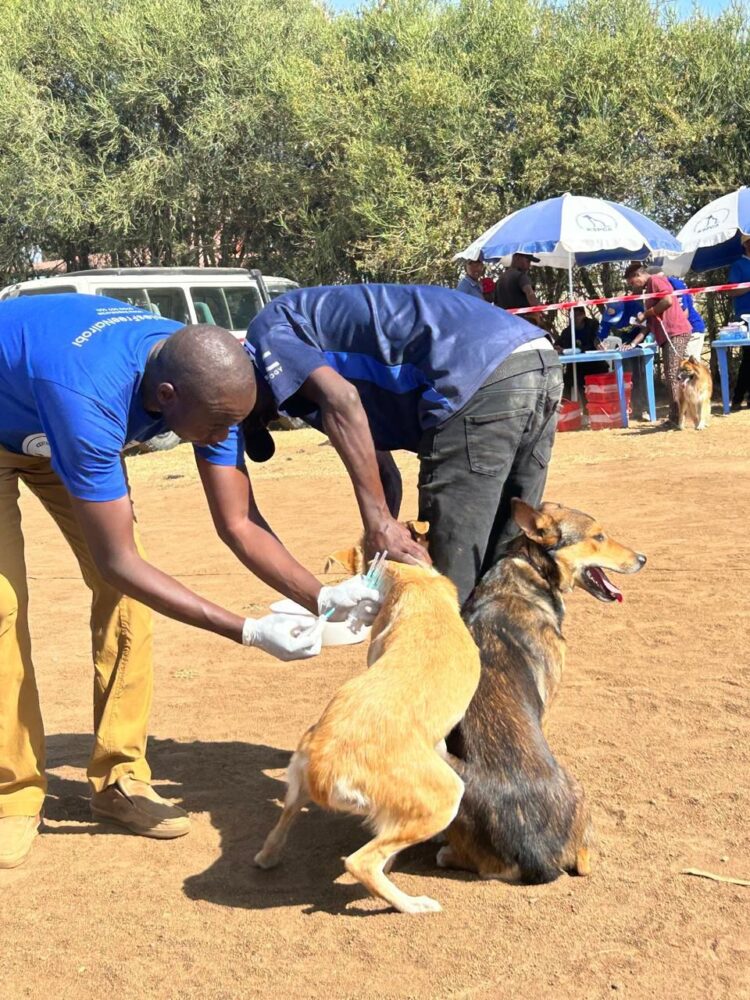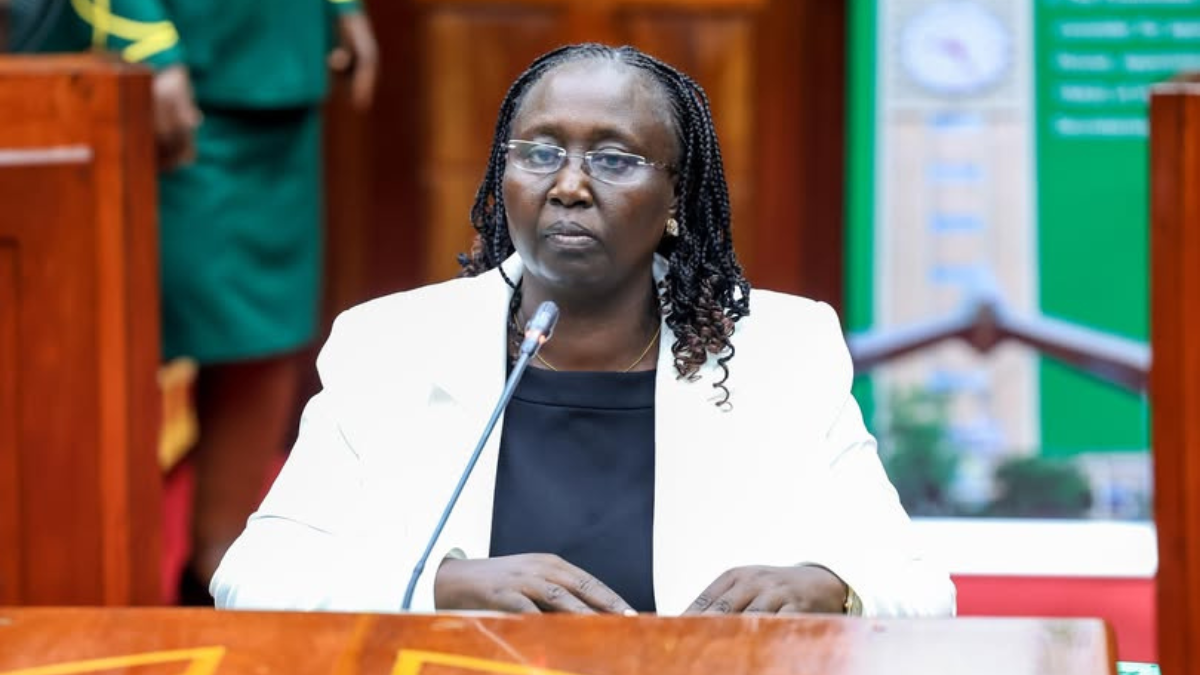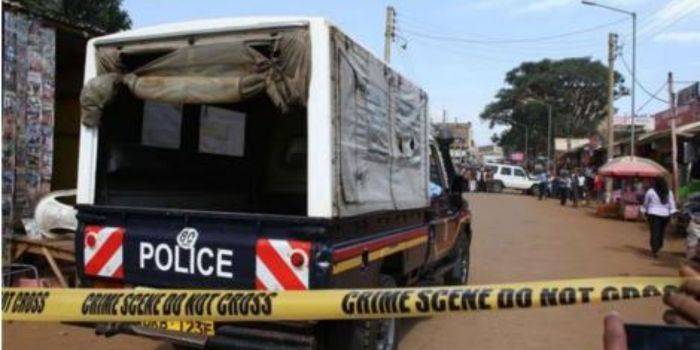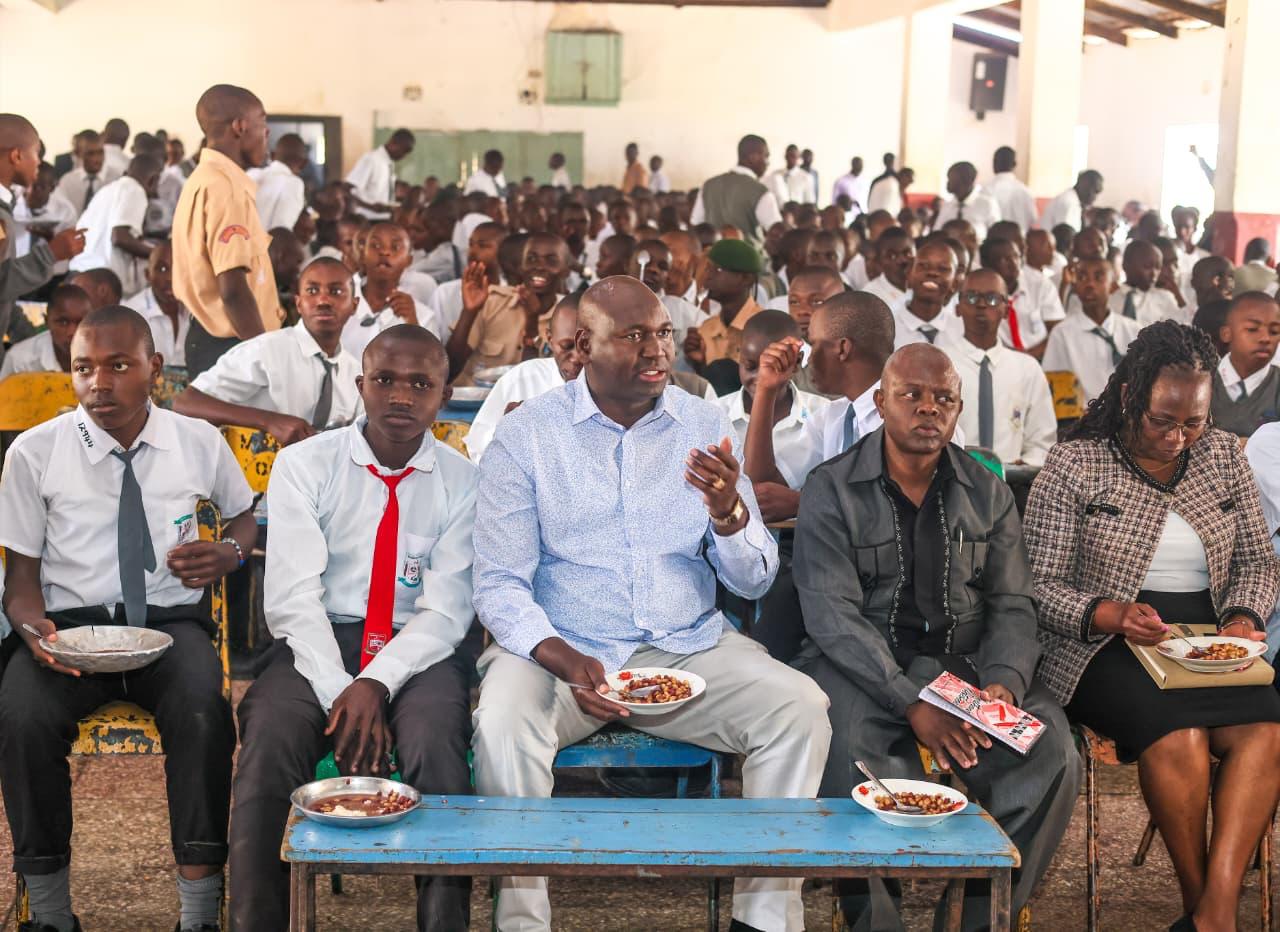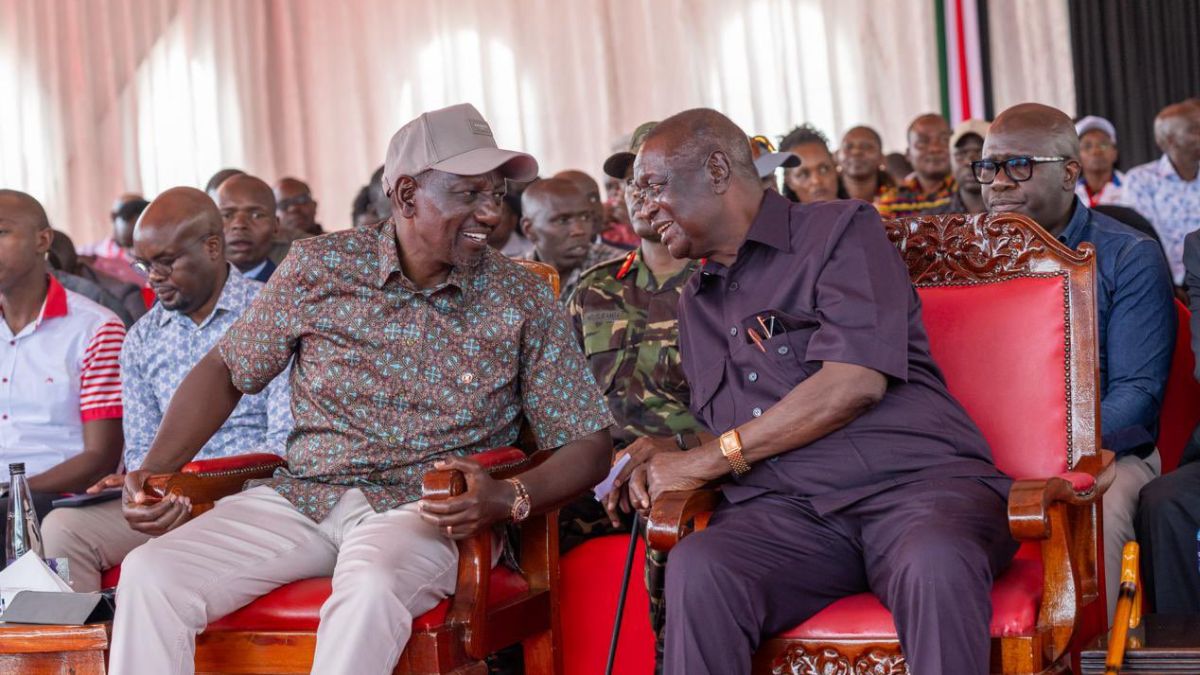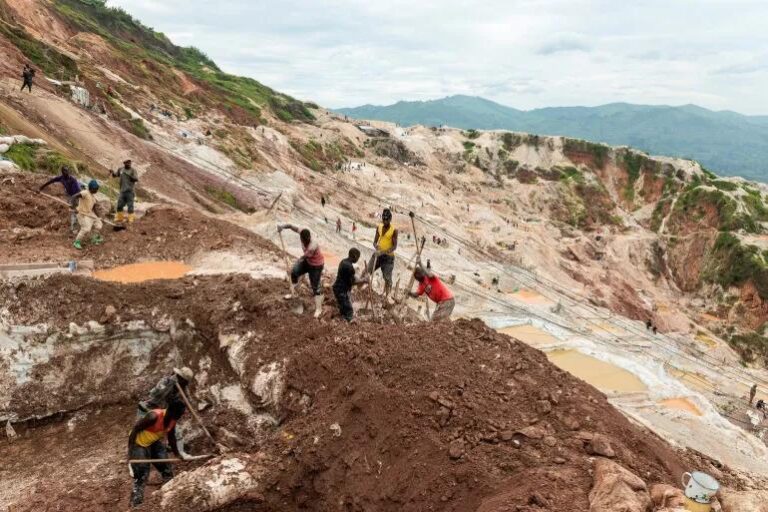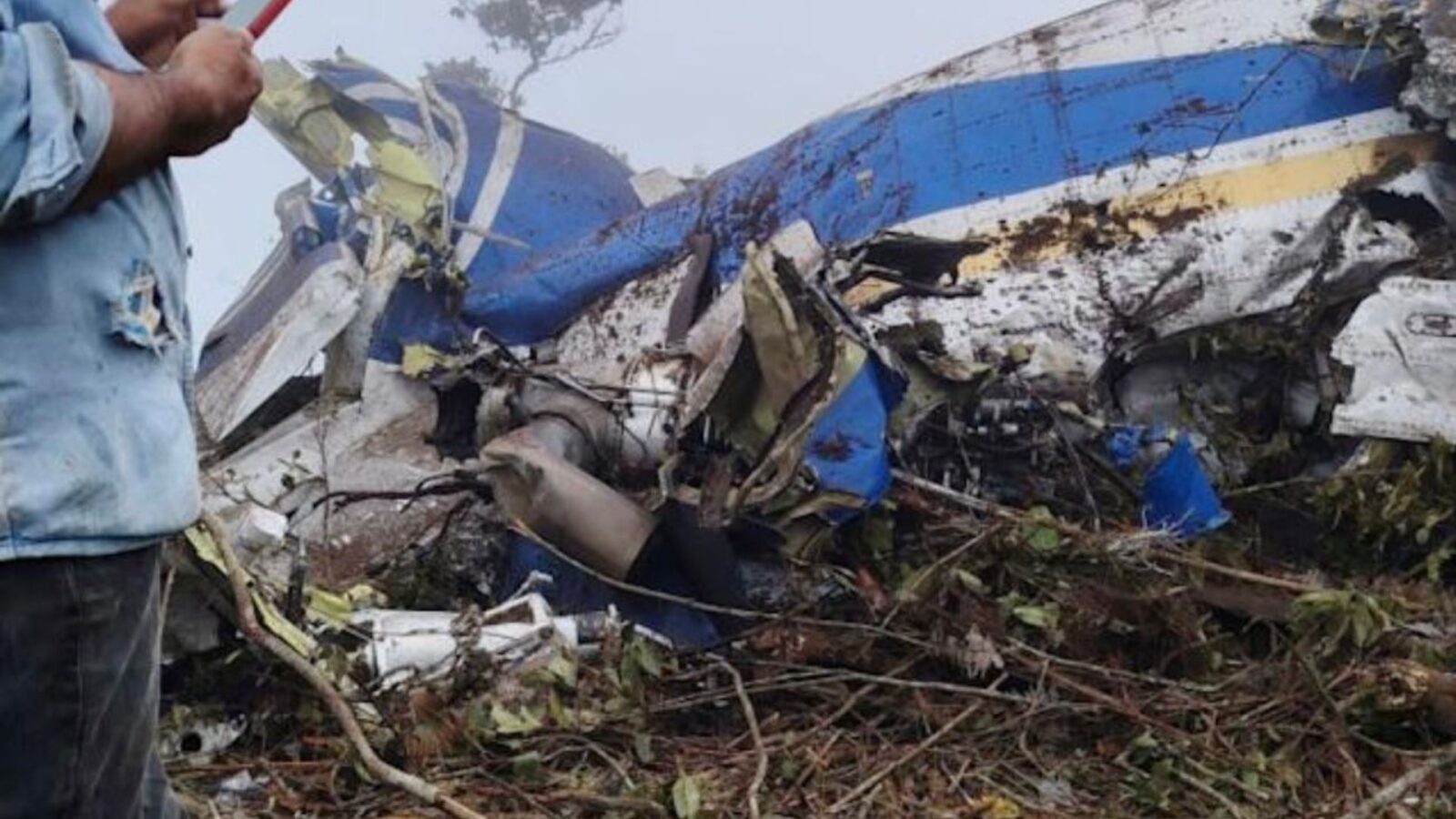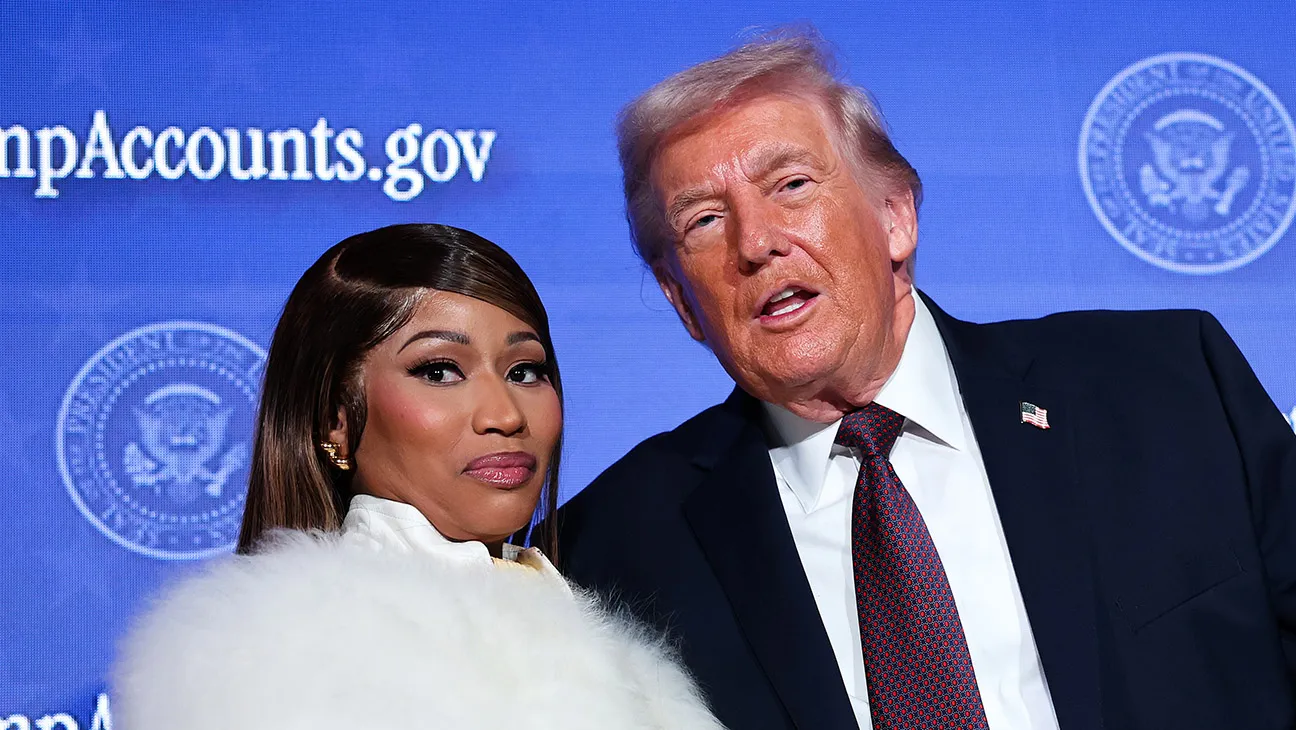The political situation in Tanzania has intensified following the swift announcement of election results. President Samia Suluhu’s victory, declared on Saturday November 1, 2025 came despite a furious rejection of the results by the main opposition party, Chadema (Chama cha Demokrasia na Maendeleo).
President Samia Suluhu Hassan, candidate for the ruling Chama Cha Mapinduzi (CCM) party, was declared the winner after garnering 31,913,866 votes out of 32,678,844 and this accounted for approximately 97.66% of the total votes cast.
The number of registered voters was 37,000,000 out of 68,000,000 citizens.
Following the announcement by the National Electoral Commission (NEC), President Hassan was presented with the certificate of victory.
This rapid formalization of the results underscores a critical legal barrier in Tanzania, the Constitution prevents any court from questioning a presidential election outcome once the NEC announces the winner.
The ruling party’s immediate actions align with this constitutional position, effectively signalling that the election contest is closed until the next cycle.
“Once a presidential candidate has been declared the winner by the electoral commission ‘no court of law shall have any jurisdiction to inquire into the election of that candidate.” (Tanzanian Constitution, as widely cited by legal experts)
The key opposition party, Chadema, responded with a scathing public statement, rejecting the results outright. The party declared the entire electoral process flawed and the figures fabricated.
Chadema’s Secretary General, John Mnyika, signed the statement, which was released shortly before the official proceedings began. The party’s core complaints centre on the lack of a “levelled political playing field.”
Chadema insists the numbers reflect only the malicious intent of the ruling party to rig the contest.
The party unequivocally stated it “does not recognise Samia Suluhu Hassan as the President” as she has “not been elected by the people of Tanzania.”
They urged the international community not to recognize the new leader, arguing she lacks legitimacy.
The election was overshadowed by significant state action against President Hassan’s most viable political rivals, which fuelled the opposition’s claims of an unfair race and triggered days of violent protests across major cities.
The most prominent opposition leader and Chadema candidate Tundu Lissu was jailed for months on treason charges after calling for a boycott and electoral reforms.
At the same time, the presidential candidate for the second-largest opposition party, Alliance for Change and Transparency (ACT-Wazalendo), Luhaga Mpina was barred from contesting on grounds of failing to comply with nomination procedures.
With these key rivals excluded, the election lacked significant competition, setting the stage for the overwhelming victory margin and the subsequent political crisis now gripping the nation.


